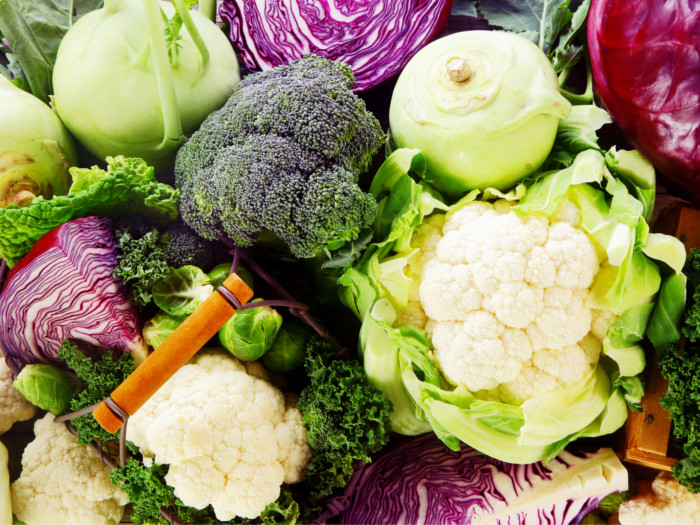Digestive enzymes can often be the difference between health and illness, so understand what they are and what they do is very important.
What are Digestive Enzymes?
Digestive enzymes are a specific type of enzyme that breaks down macromolecules in the body and can be found in the mouth, stomach, small intestine, and pancreas. Without digestive enzymes, working in combination to break down our food and extract nutrients, we would be unable to survive. However, there are certain health conditions that may make it more difficult to produce these enzymes, so supplementation with oral digestive enzymes may sometimes be required. [1]
The four primary forms of digestive enzymes are proteases, lipases, amylases, and nucleases, all of which perform a different function and are needed to break down different proteins, fats, starches, and nucleotides. Digestive enzymes have become more important in recent years, as more is understood about gastrointestinal disorders, including Celiac disease, cystic fibrosis, and pancreatitis.

Eating cruciferous vegetables keep you fuller for a long time. Photo Credit: Shutterstock
Best Digestive Enzymes Food Sources
The best sources for these digestive enzymes in your diet include raw and living foods, such as animals and vegetables. Some of the best sources include:
- Cruciferous vegetables like broccoli, cabbage, and kale
- Fruits such as pineapple, papaya, mango, avocado, kiwi, and banana
- Honey
- Kefir
- Sauerkraut
- Kimchi
- Miso
- Ginger
- Organic and grass-fed animal meat
- Lemon
- Apple cider vinegar
Note: Highly cooked foods and processed foods can actually decrease your levels of digestive enzymes.
Digestive Enzymes Benefits
The main benefits of these enzymes include their ability to do the following:
- Boost nutrient uptake
- Reduce acid reflux symptoms
- Improve digestive processes
- Treat leaky gut syndrome
- Prevent IBS
Let us discuss them in detail below.
Leaky Gut
If you are suffering from the leaky gut syndrome, enzymes play a key role in the healing process, as they can ease the digestive process and put less stress on the gut. [2]
Nutrient Absorption
When you don’t have enough of these enzymes in your body, you are unable to get all the benefits and essential nutrients from your food. This can result in nutrient deficiencies, even if you are eating enough food, but enzyme supplementation can help with this. [3]
Enzyme Inhibitors
If your body’s enzyme inhibitors are not functioning properly, taking oral supplements of these key enzymes will help regulate the body’s natural balance of enzymes. [4]
Acid Reflux
An excess of acid in the gut comes with very unpleasant side effects, but eating enough foods with these enzymes will balance the pH levels of the gut. [5]
IBS
These enzymes are able to cut down on inflammation in the gut, which can relieve the painful symptoms of irritable bowel syndrome (IBS). [6]
Tissue Health
When you don’t have enough of these enzymes in your body, the tissues of your small intestine and stomach may be more susceptible to breaking down, but supplementation can help you avoid this dangerous development.
Digestion
Overall, using these enzymes will prevent many of the symptoms of poor digestion, including excess flatulence, constipation, diarrhea, bloating, cramping, and even hunger pangs. [7]
Digestive Enzymes Side Effects
The most common side effects of taking oral digestive enzymes include the following:
- Constipation
- Sore throat
- Headaches
- Allergic reactions
In very rare cases, taking these enzymes may also cause the following:
- Breathing issues
- Chest pain
- Wheezing
- Itching
Due to the stimulating nature of these enzymes in the gut, they can cause some initial discomfort, but when taken in moderation, most of these gastrointestinal side effects can be avoided. If you experience strong allergic reactions, stop the use of these enzymes immediately.
